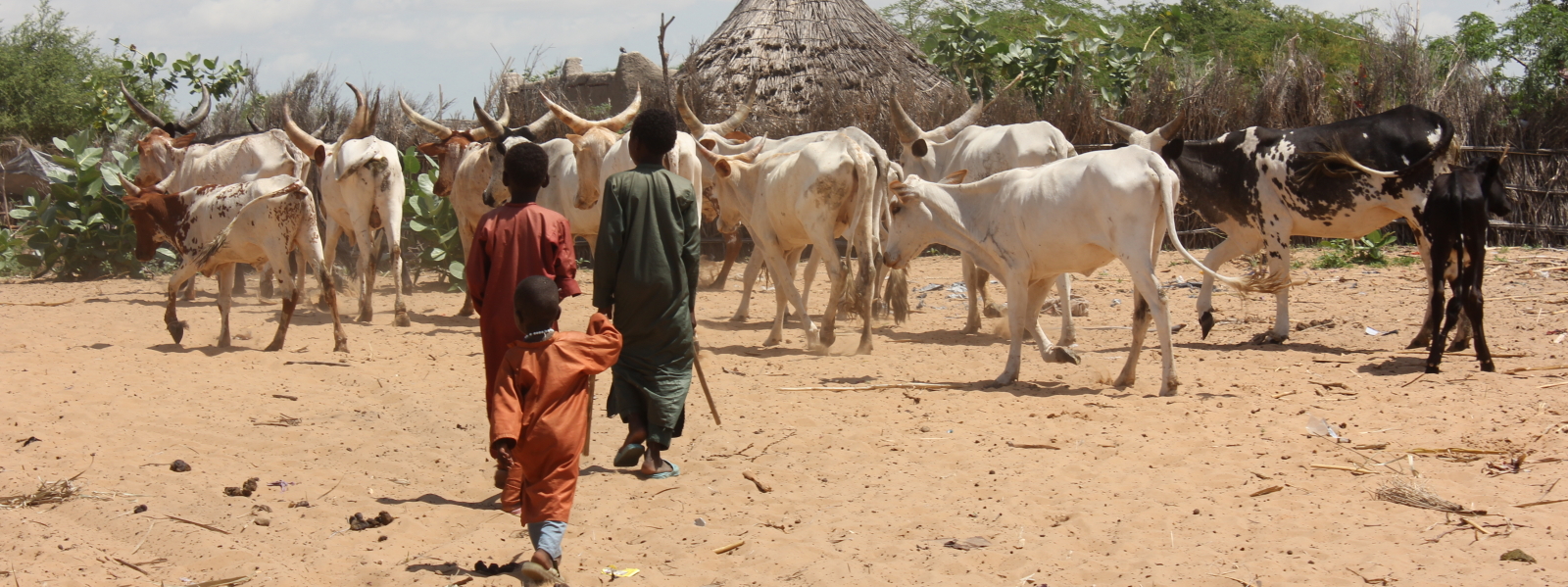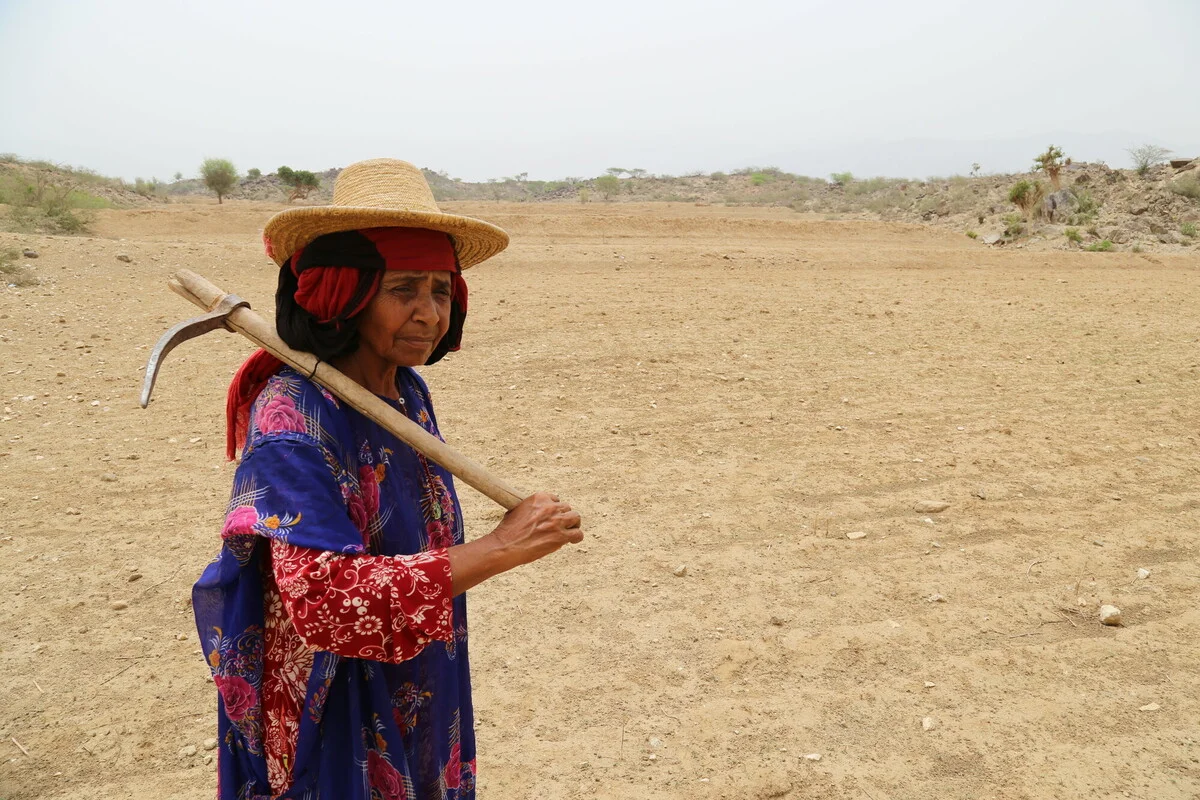In north-eastern Uganda where Martina Longom lives the weather has never been perfectly predictable– no more than it is anywhere else – but in the last few years it has become increasingly unreliable, “The climate is so unpredictable now. If the rains do come they can be destructive. Last year we had a bad flood here that destroyed our crops.” Watch Martina’s story.
While it may not be the easiest idea to understand, when environmental changes occur, women and men are affected differently because of differing roles, access to resources and responsibilities. Because women tend to do the jobs that are most affected by changes in weather, they are feeling the greatest pressure.
Like in Martina’s case, it tends to be women who grow the family’s food, fetch fuel and water, and bring up the children. So when clean water becomes harder to find during a drought, or when crops are destroyed by floods, it’s up to women to find solutions. And as the weather becomes increasingly uncertain in many places, that can feel like a near-impossible task.
Like so many parents around the world, Martina wants a healthy future for her children but the impacts of climate change really worry her, “what can I do?” asks Martina. “I get so anxious.”
As impacts from climate change worsen, Martina and her community are finding new and innovative ways to cope and build their resilience. To feed her family, Martina is trying to earn a living by collecting water and firewood for people in the nearest town. And Martina and her community have successfully campaigned for a water borehole closer to their village, shortening their daily walk from 7 hours down to 30 minutes.
But the story doesn’t end here, despite mounting evidence of women being disproportionately affected by climate change, many governments at the United Nations climate change negotiations are still treating populations as homogenous. They rarely mention gender or make specific recommendations on how best to equip women in adapting to the impact of extreme weather conditions.
If we are serious about tackling climate change, this must change. Any effort to reduce the impact of climate change, including agreements on finance for climate adaptation projects, must focus on the needs of the most vulnerable groups in society and include women as key to the solution.
What do you think about all of this? Be sure to make your selection in this week’s climate poll and our insiders will take your response to the head of Australia’s head climate negotiator prior to her heading over to the UN climate meeting in Cancun.


